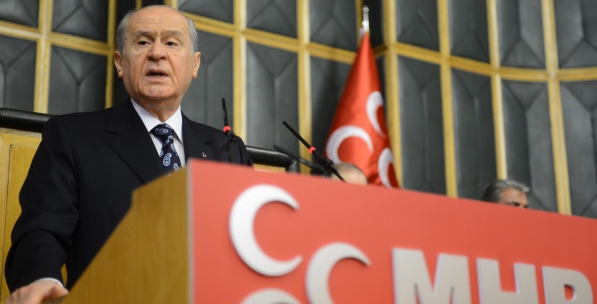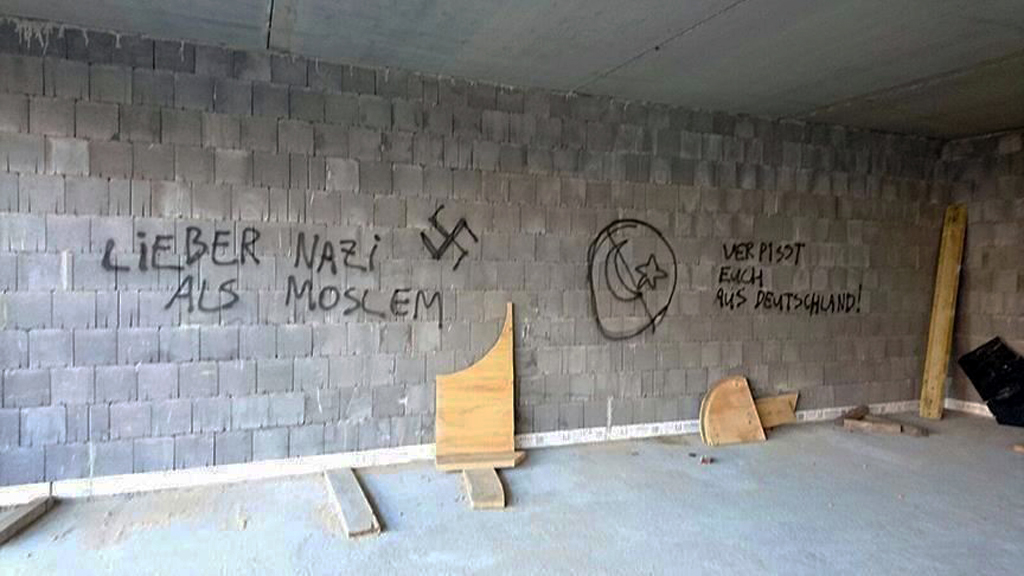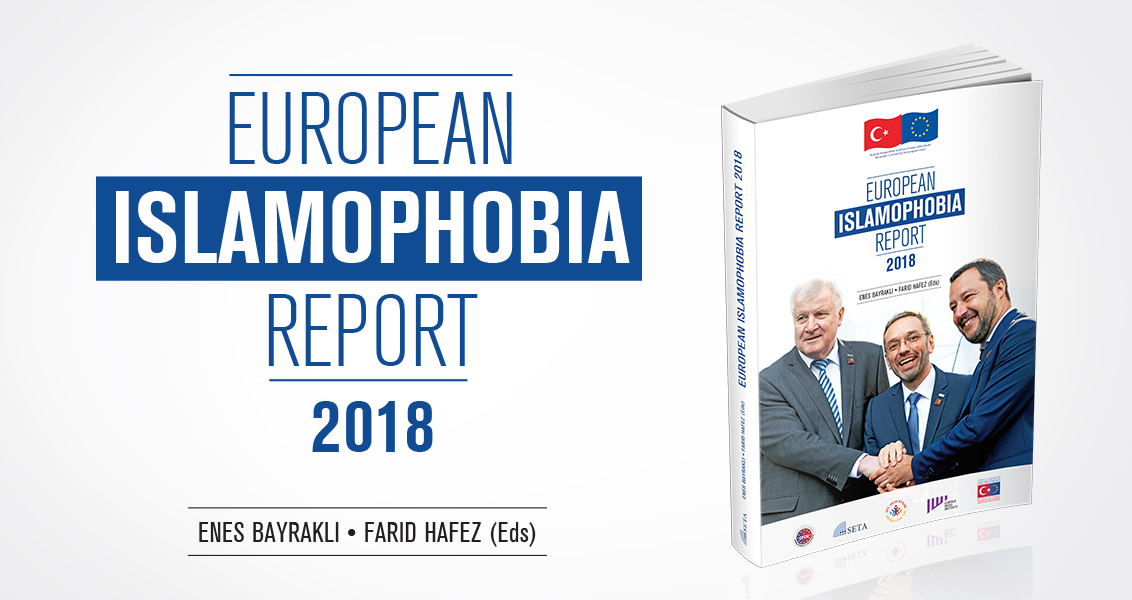We are now past the March 30, 2014 local elections. The Nationalist Movement party (MHP) got 15.3 percent of mayoral votes and 17.6 percent for provincial councils.
When we consider the fact that it is parties that are voted for rather than individual candidates, it appears that the MHP garnered success with 17.6 percent of the vote - the highest rate since their 1999 election result of 17.98 percent. However, it would be misleading to present the MHP's performance as a success by comparing the party's current ratings with old ones, since in the political atmosphere of the 1990s there were no serious corruption claims against the government and the status of parties in the 1999 elections was as follows: The center-right (DYP-ANAP) did not fall and they were represented with a result of 25 percent of the vote. Political Islam was represented by the Virtue Party with 15.40 percent and, more importantly, one of the center-left parties (DSP) was the first party of the coalition with 22.18 percent. The other center-left party, the Republican People's Party (CHP), was left out of parliament with 8.70 percent.
Compared to today results, the political atmosphere of the 1990s had multiple actors, all of which had about 10 percent of the vote, and the Turkish Armed Forces (TSK) still maintained influence over politics. During the March 30 elections, instead of five opponents, the MHP only had two - the AK Party and CHP, since MHP and the Peace and Democracy Party's (BDP) voting areas did not overlap. The government was also accused of corruption and the main opposition party was criticized of "shifting to the right" throughout the country.
The fact that the MHP got 17 percent of votes for the provincial councils is actually a political conjuncture. It shows their relative failure and how they were not able to seize opportunities. Based on all these factors, it would be more accurate to evaluate the local elections as a general election or a referendum.
We can mention two basic dynamics that made the March 30 elections important and produced an especially high voter participation rate 89.1 percent. First of all, it is the fact that the local elections were perceived as a general election. The main cause for this was the Dec. 17 operations. The AK Party targeted the Gülen Movement for orchestrating the operations against the government; whereas the main opposition parties' campaigns were based on cornering the government with corruption claims. The leaking of a secret Ministry of Foreign Affairs meeting about national security just two days before the elections strengthened the government's claims that the opposition had colluded with the Gülen Movement to overthrow the ruling government.
The second important feature of the local elections was the fact that the CHP put forward candidates like Sarıgül and Yavaş in two metropolitan regions, Istanbul and Ankara, in order to take down the governmental mayors since these two candidates had social support as a result of their own political influence rather than the CHP's own voting potential. The AK Party, on the other hand, followed a similar strategy by putting forward Binali Yıldırım, a strong ex-minister, and expected the people of İzmir to substitute ideology for "action politics," which is the AK Party's basic political discourse. The reason the AK Party and CHP give weight to these three metropolitan cities is because the total votes of the three cities is equal to almost one-third of the total votes of the entire country.
In this respect, while analyzing the election performance of the MHP, the third biggest political party in Turkey, we have to bear in mind these two main determinants that made the elections what they were.
DEC. 17 INFLUENCE
If we start from the top, the MHP used the Dec. 17 probe and Chairperson Devlet Bahçeli mentioned it in various press releases and at rallies; however he also criticized the poverty in Central and Middle Anatolia. In other words, Bahçeli w








